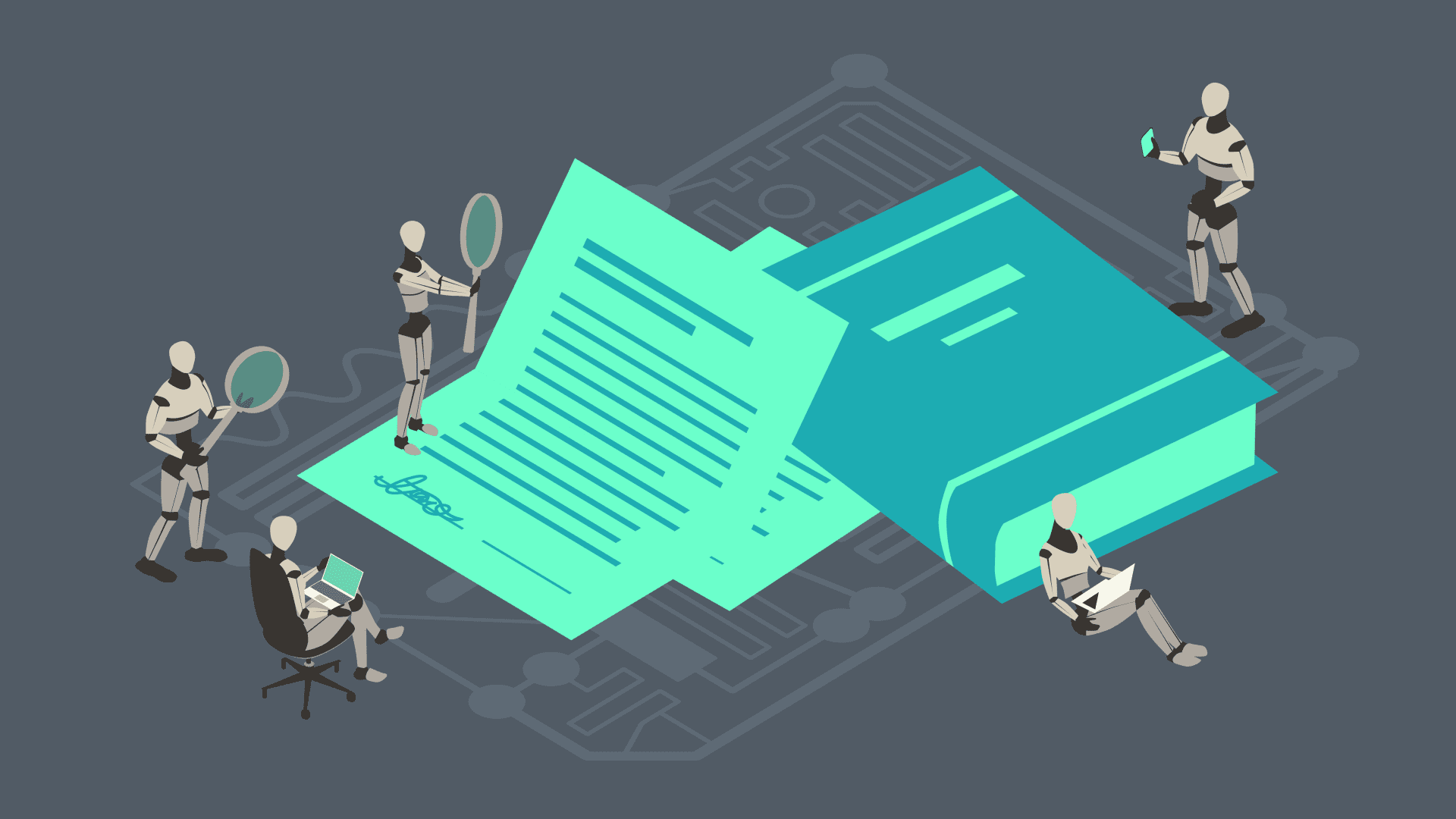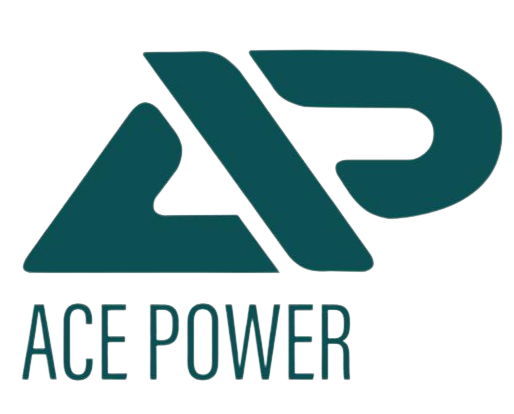Duolingo's Shift Towards AI: Implications For Contract Workers

Table of Contents
AI-Driven Content Creation and the Future of Human Translation
The integration of AI in content creation significantly impacts the roles of human translators and reviewers. Let's explore this in more detail.
Reduced Demand for Human Translators and Reviewers
AI can now automate tasks previously handled exclusively by contract workers, such as translating text and generating language exercises. This automation leads to several key concerns:
- Decreased project volume for contract workers: As AI handles more routine translation tasks, the overall volume of work available to human translators and reviewers is likely to decrease.
- Increased competition for fewer available roles: The reduced demand will create a more competitive landscape, making it harder for contract workers to secure projects.
- Potential for lower pay rates due to increased supply of workers: Increased competition often drives down prices, potentially impacting the earning potential of contract translators and reviewers.
The Role of AI in Quality Control and Feedback
While AI can automate basic translation, it's crucial to remember that human expertise is still vital. AI can significantly assist in quality control, flagging potential errors and inconsistencies in translated content. However, this changes the role of human reviewers. Instead of focusing on basic error correction, their focus will shift:
- Need for specialized skills in AI-assisted review: Human reviewers will need to develop skills in interpreting AI-generated feedback and focusing on more nuanced aspects of translation quality, like cultural appropriateness and stylistic consistency.
- Potential for upskilling and reskilling opportunities for contract workers: This shift presents opportunities for contract workers to upskill and acquire specialized expertise, making themselves more valuable in the evolving market.
- Importance of adapting to AI-driven workflows: Contract workers need to adapt to working alongside AI, understanding its capabilities and limitations to maximize efficiency and quality.
Impact on Other Contract Worker Roles
The impact of AI extends beyond content creation, affecting other crucial roles within the Duolingo ecosystem.
Changes in Moderation and Community Management
AI-powered moderation tools are increasingly effective at detecting and removing inappropriate content, automating a task previously handled by human moderators. This presents a potential shift:
- Shift towards AI-assisted moderation: Human moderators will likely focus less on routine content removal and more on strategic community engagement and handling complex moderation issues.
- Focus on strategic community engagement rather than routine moderation: Moderators will need to develop skills in fostering positive online interactions and addressing nuanced community concerns.
- Potential for job displacement in certain moderation roles: While some moderation roles may disappear, new roles focusing on complex moderation and community management might emerge.
AI's Influence on Customer Support
AI-powered chatbots are transforming customer support, handling a substantial portion of inquiries. This directly impacts contract workers in customer support:
- Reduced need for human customer support agents: Automation reduces the need for human agents to handle simple, repetitive queries.
- Increased reliance on AI-driven solutions: Customer support will become increasingly reliant on AI, requiring humans to handle only more complex or sensitive issues.
- Potential for the need for specialized AI chatbot trainers: New roles may emerge focused on training and improving AI chatbots' effectiveness in handling customer queries.
Opportunities and Adaptations for Contract Workers
While the shift towards AI presents challenges, it also offers opportunities for adaptation and growth.
Upskilling and Reskilling Initiatives
Contract workers can proactively improve their job prospects by acquiring skills related to AI technologies:
- Pursuing certifications in AI-related fields: Obtaining relevant certifications demonstrates commitment to professional development and enhances market value.
- Networking with companies specializing in AI development: Building professional connections in the AI industry can open doors to new opportunities.
- Participation in online courses and workshops: Many online resources provide training in AI-related skills, allowing workers to upskill at their own pace.
Exploring New Niches and Specializations
The rise of AI may create new niches where human expertise remains highly valuable:
- Focusing on niche areas requiring human expertise: Specializing in highly specialized translation, complex content creation, or culturally sensitive content review can make contract workers more competitive.
- Developing skills in AI-related fields: Developing expertise in training or improving AI tools for language learning can create new career paths.
- Diversification into related fields in the language learning industry: Expanding skills and services beyond direct translation or moderation into areas like curriculum development or instructional design can broaden opportunities.
Conclusion
Duolingo's increasing reliance on AI presents a complex picture for contract workers. While automation may lead to a reduction in demand for some roles, it also creates opportunities for new specializations and requires proactive adaptation. Contract workers can successfully navigate this shift by focusing on continuous learning, developing specialized AI-related skills, and exploring new niches within the language learning industry. Understanding the implications of AI within the Duolingo ecosystem and proactively planning for the future is crucial for success. Don't be left behind; embrace the changes and adapt your skills to thrive in the evolving world of AI-powered language learning.

Featured Posts
-
 Alqdae Ydyn Ryys Shbab Bn Jryr Tfasyl Alhkm
Apr 30, 2025
Alqdae Ydyn Ryys Shbab Bn Jryr Tfasyl Alhkm
Apr 30, 2025 -
 Top 10 Romance Dramas Packed With Plot Twists
Apr 30, 2025
Top 10 Romance Dramas Packed With Plot Twists
Apr 30, 2025 -
 Kentucky Facing Delays In Storm Damage Assessments A Detailed Look
Apr 30, 2025
Kentucky Facing Delays In Storm Damage Assessments A Detailed Look
Apr 30, 2025 -
 Develop Your Boxing Skills Ace Power Promotion Seminar March 26
Apr 30, 2025
Develop Your Boxing Skills Ace Power Promotion Seminar March 26
Apr 30, 2025 -
 Alex Ovechkin Ties Wayne Gretzkys Nhl Goal Record
Apr 30, 2025
Alex Ovechkin Ties Wayne Gretzkys Nhl Goal Record
Apr 30, 2025
